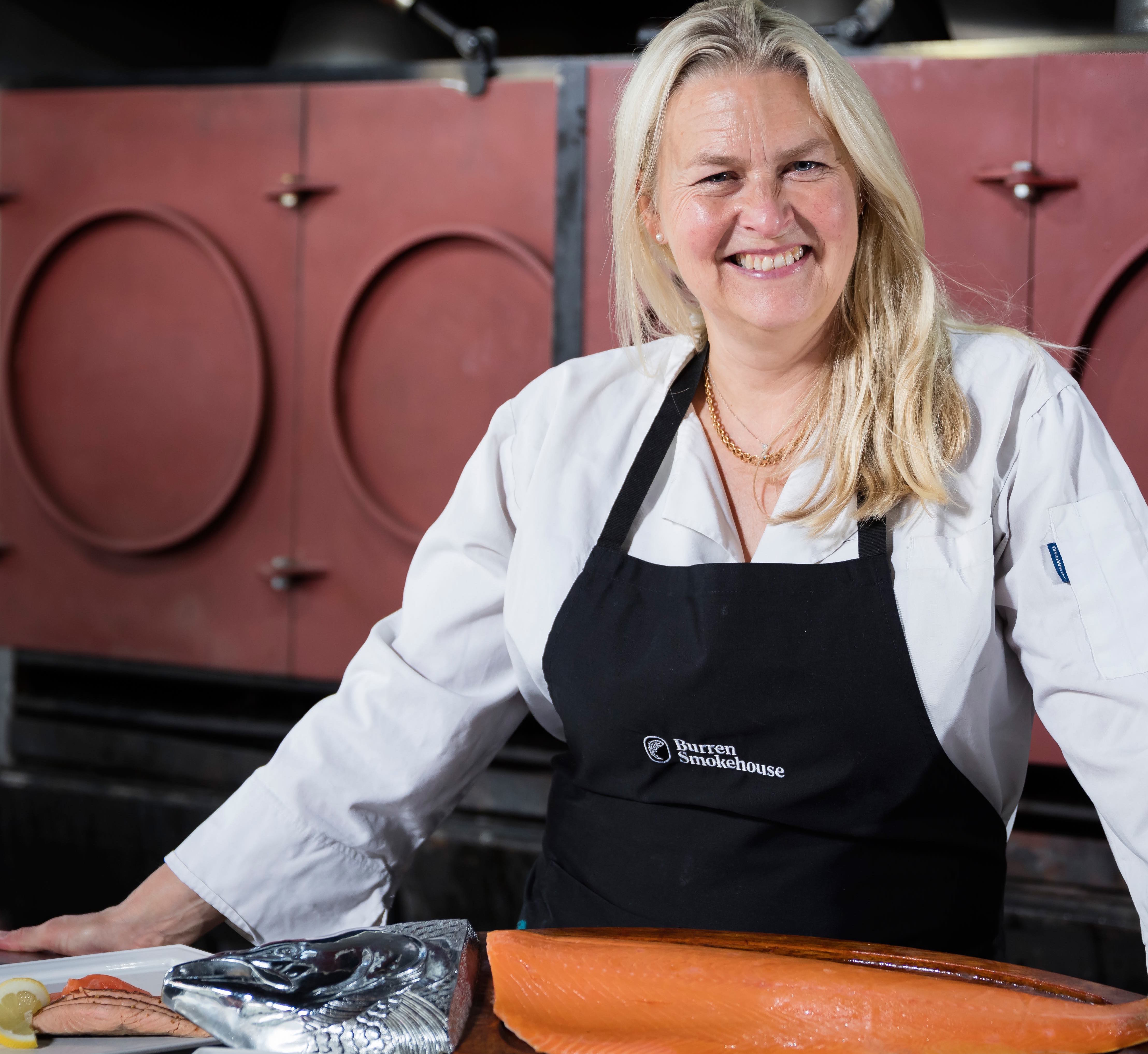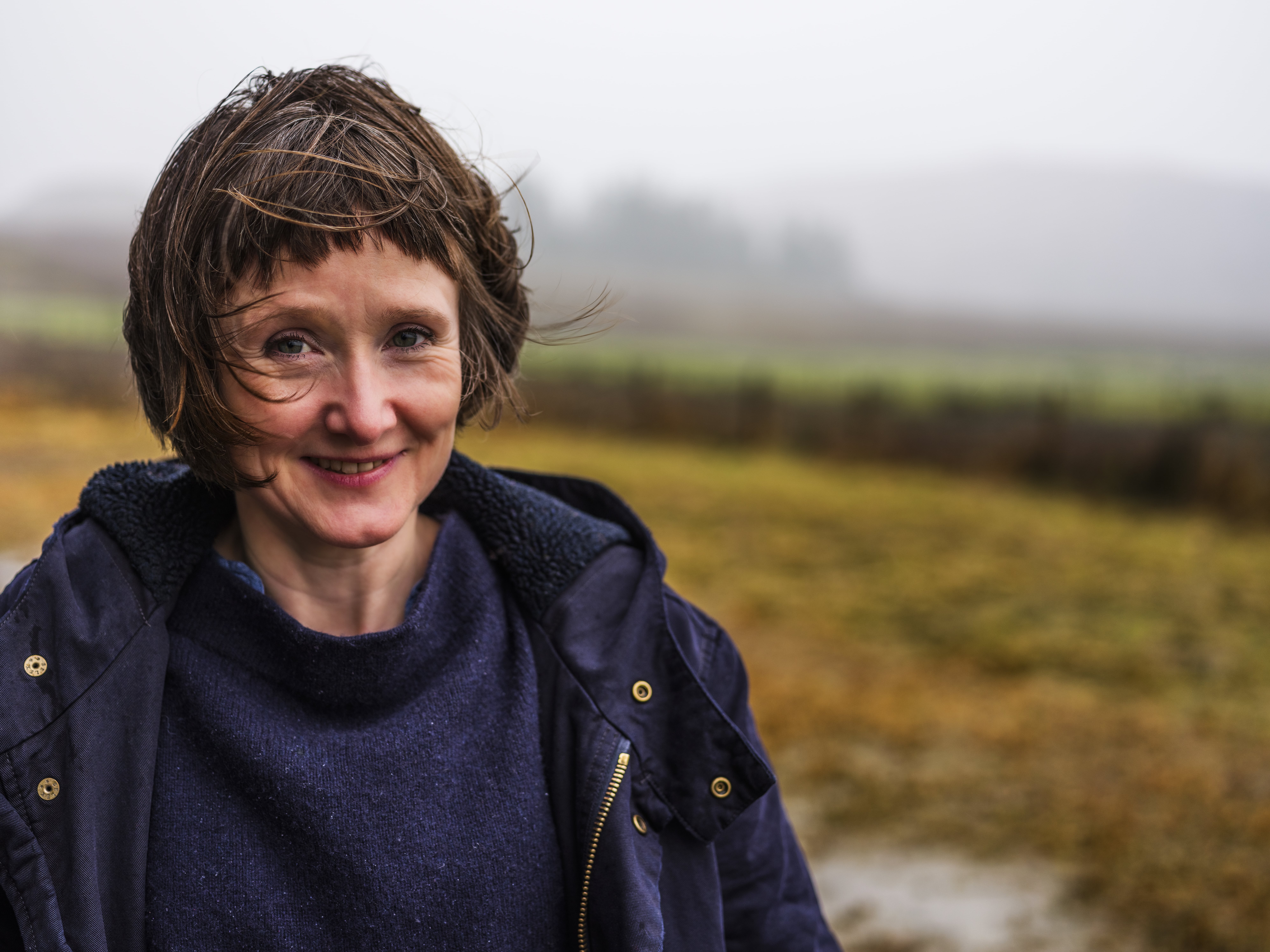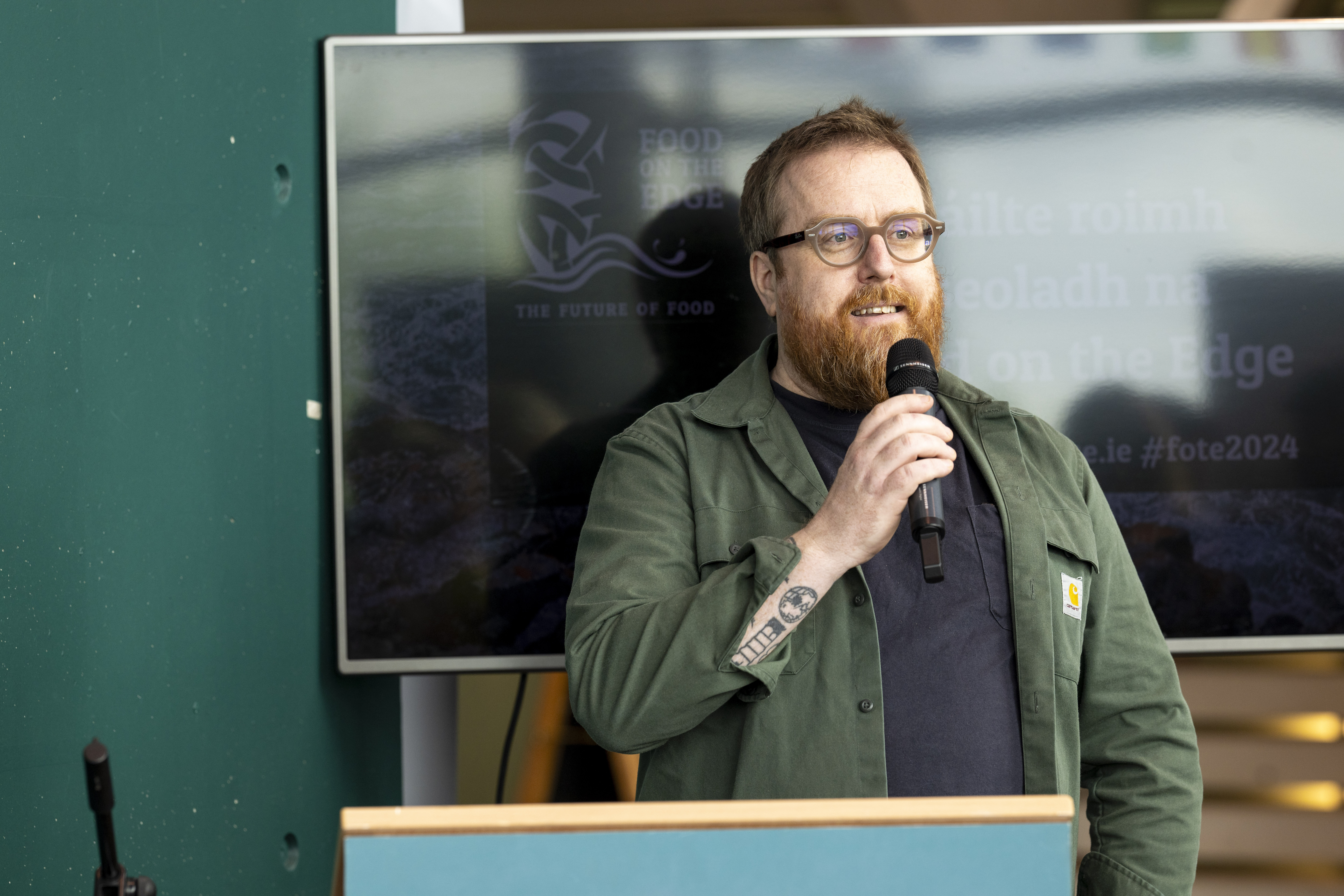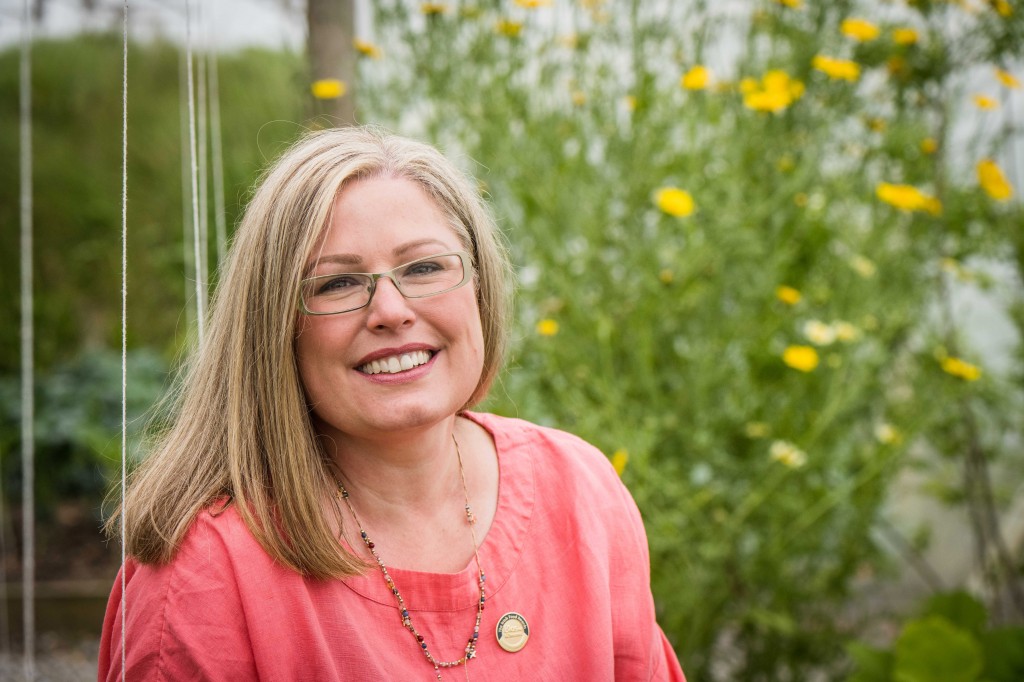Food on the Edge 2024
Food On The Edge (FOTE) returned to its spiritual home, Galway, for the 2024 symposium with the theme of Sense of Place. I like that this theme made the distinction from the oft-used taste of place because, sadly, too often the food, the place and the person become disconnected. When that happens, trying to capture an intangible sense of place is as important for keeping food memories and food culture alive as the tangible act of consumption – tasting a place.
 Following the welcome address by Symposium Director JP McMahon, proceedings opened with a bang with Fadi Kattan – chef, restauranteur and author – who talked about the food of Palestine. He was in Galway at the same time as the olive picking season in Palestine. Fadi talked about how when the simple act of picking fruit, one replicated by generations over centuries, has been forbidden or poses a danger to life, to do it anyway transforms into an act of empowerment – for self, and for the preservation of indigenous culture.
Following the welcome address by Symposium Director JP McMahon, proceedings opened with a bang with Fadi Kattan – chef, restauranteur and author – who talked about the food of Palestine. He was in Galway at the same time as the olive picking season in Palestine. Fadi talked about how when the simple act of picking fruit, one replicated by generations over centuries, has been forbidden or poses a danger to life, to do it anyway transforms into an act of empowerment – for self, and for the preservation of indigenous culture.
Wow. Talk about setting the scene!
Over the following two days, speakers from across the world shared their stories of a sense of place, such as Vanika Choudary’s research project capturing a generations-long practice of self-sufficiency high up in the windy mountain valleys among the border lands of India and Pakistan. Or the silent conversations we have human to human, or even human to soil to plant, that are part of a global system of hospitality that demands we say Yes to who or what turns up, as Jennie Moran suggests.
Gary Usher talked about how the intangible notion of an Asset of Community Value (ACV) protects and demands the involvement of the local community into which a food business seeks to establish, and that this has become his secret sauce to success.
Food Conservationist and Educator, Max Jones, spoke about the ancient traditions of Transhumance in the Alps (in Ireland, booleying or The Burren Winterage are similar practices) which ensure people can make foods that are of a place in a place transforming what they have from within their immediate landscape into foods that sustain.
Joshna Maharaj questioned the “Frenchification” of global cuisines and asks that it is time to consider decolonizing the way cuisine is taught, stating that she had to prove herself with a souffle before her biryani would be taken seriously.
The FOTE Ambassador’s panel fell silent with Eilish Davenport’s dose of reality when she said that “food with a sense of place for every child is not always possible.” Eilish was talking about deprived childhood experiences with food – or not – in inner city Dublin, but this is equally relevant (unacceptably so) for the children of Gaza, Lebanon, Somalia, Haiti, Ukraine.
Aisha Ibrahim talked of having to lose her identity to assimilate as a young chef arriving in a new country. As a celebrated chef today, she proudly steps into her identity which influences her cookery and states, echoing Maharaj, that all cuisines belong on the plate.
 Birgitta Hedin-Curtin of famed Burren Smokehouse encapsulated perfectly why, as food tourists, we relentlessly seek out a taste of place. Food tourism, she says, is the act of travelling for a taste of place to get a sense of place.” We crave exploration and immersion into countries and cultures different to our own, and food is a way to mainline that experience.
Birgitta Hedin-Curtin of famed Burren Smokehouse encapsulated perfectly why, as food tourists, we relentlessly seek out a taste of place. Food tourism, she says, is the act of travelling for a taste of place to get a sense of place.” We crave exploration and immersion into countries and cultures different to our own, and food is a way to mainline that experience.
What happens when we remove the landscape from the food? Can there still be a sense of place? Chef and mad food scientist, Joris Bijdendijk, demonstrated that in his food lab it was possible to make milk from grass without the cow in the middle. It’s still milk, down to its molecular structure, and has a flavour of milk. But can it still have a sense of place if the place doesn’t exist; to erase terroir?
 Pam Brunton of celebrated Inver restaurant in Scotland represents the opposite of Bijdendijk’s lab-based food experiments. Inver would not be what it is without its complete fusion of place, product, chef and ethos. Brunton speaks of dùthchas, or land rights, (incredibly close to the Irish word dúchas which means many things including heritage), which has its origins in old traditions of access to land through work and allegiance to a clan chief. It’s a system which establishes a person’s connection to land but only in relation to all inhabitants of the land in equity – both human and non-human. Brunton concludes “nature is not a resource; it belongs to no-one.”
Pam Brunton of celebrated Inver restaurant in Scotland represents the opposite of Bijdendijk’s lab-based food experiments. Inver would not be what it is without its complete fusion of place, product, chef and ethos. Brunton speaks of dùthchas, or land rights, (incredibly close to the Irish word dúchas which means many things including heritage), which has its origins in old traditions of access to land through work and allegiance to a clan chief. It’s a system which establishes a person’s connection to land but only in relation to all inhabitants of the land in equity – both human and non-human. Brunton concludes “nature is not a resource; it belongs to no-one.”
FOTE operates on two levels: First is the immediacy with which the impact of the gathered speakers inspire readying the mind to think differently about our food – the tangible things we consume or the intangible aspects of culture, heritage, policy. The second level is the one that goes deeper, living rent free in your mind and subtly changing the way you see the world through the lens of food as an all-encompassing entity, and your place in it.
Because food is never just what is on that plate.
ATU, Galway City, October 21st - 22nd, 2024
Kate Ryan, Flavour.ie










